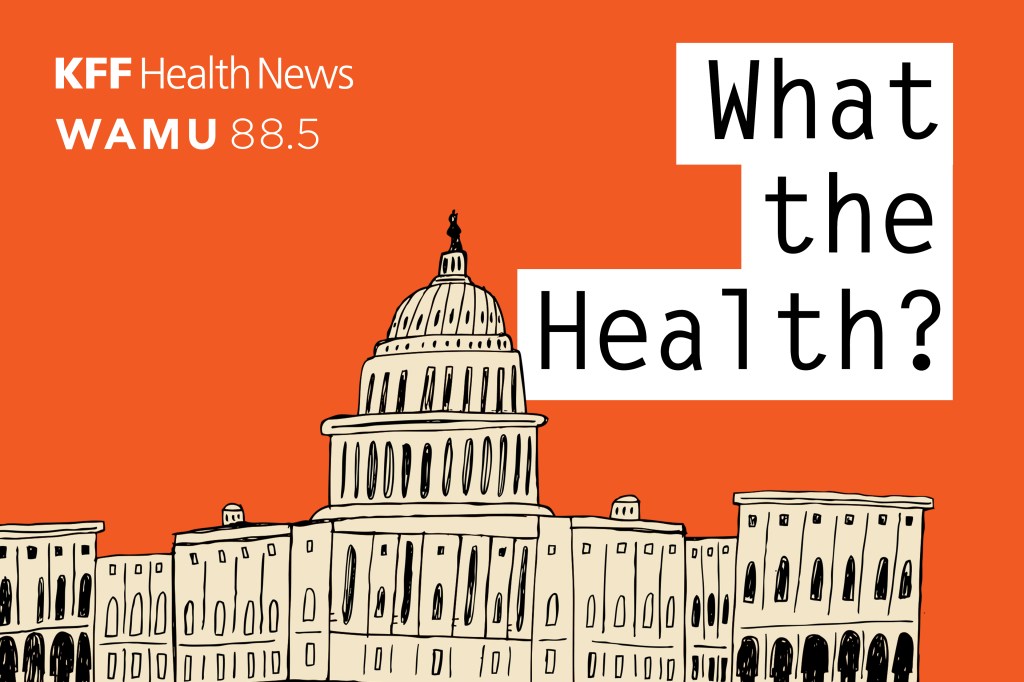A hidden threat to heart health may be lurking within common viral infections, according to groundbreaking new research. The findings reveal a startling connection between viruses like COVID-19, influenza, and even shingles, and a dramatically increased risk of heart attack and stroke.
An extensive review of 155 scientific studies paints a concerning picture: contracting the flu can make a heart attack four times more likely and a stroke five times more likely within just one month. The danger doesn’t immediately vanish with recovery; COVID-19 infection elevates heart attack and stroke risk threefold for up to a year.
The body’s own defense system, while crucial for fighting off viruses, appears to be a key player in this increased risk. When battling an infection, the immune system unleashes inflammatory chemicals and encourages blood clotting – processes that, while necessary, can leave lasting damage.
This inflammation doesn’t simply disappear when the virus is gone. It can persistently strain the heart and contribute to the buildup of plaque in arteries, creating a dangerous environment for cardiovascular events. It’s a subtle, insidious process that can unfold long after the initial illness.
Experts believe low-grade inflammation triggers a cascade of events, activating blood clotting and damaging the delicate inner lining of arteries. This damage allows harmful cholesterol to accumulate, forming plaque that can eventually rupture, leading to a heart attack or stroke.
The impact extends beyond acute infections. Chronic viruses like HIV, hepatitis C, and the varicella-zoster virus (shingles) are also linked to long-term cardiovascular risks. Individuals with HIV face a 60% higher risk of heart attack and a 45% higher risk of stroke, while hepatitis C increases those risks by 27% and 23% respectively.
Even shingles, a common ailment affecting roughly one in three people, carries a significant risk – a 12% increase in heart attack and an 18% increase in stroke. While these risks are lower than those associated with influenza and COVID-19, their prevalence means a substantial number of additional cardiovascular cases at the population level.
The research strongly suggests a proactive approach to prevention. Vaccination against influenza, COVID-19, and shingles emerges as a critical strategy in mitigating cardiovascular risk. Protecting against these viral infections may be a powerful step towards safeguarding heart health.
For those already living with cardiovascular disease or risk factors, the findings underscore the importance of discussing vaccine recommendations with a healthcare professional. Understanding and addressing these viral connections could be vital in preventing future heart events.
While the study relied on observational data, highlighting the need for further research, the sheer volume of evidence points to a previously underestimated link between viral infections and cardiovascular health. It’s a revelation that demands attention and a renewed focus on preventative measures.






